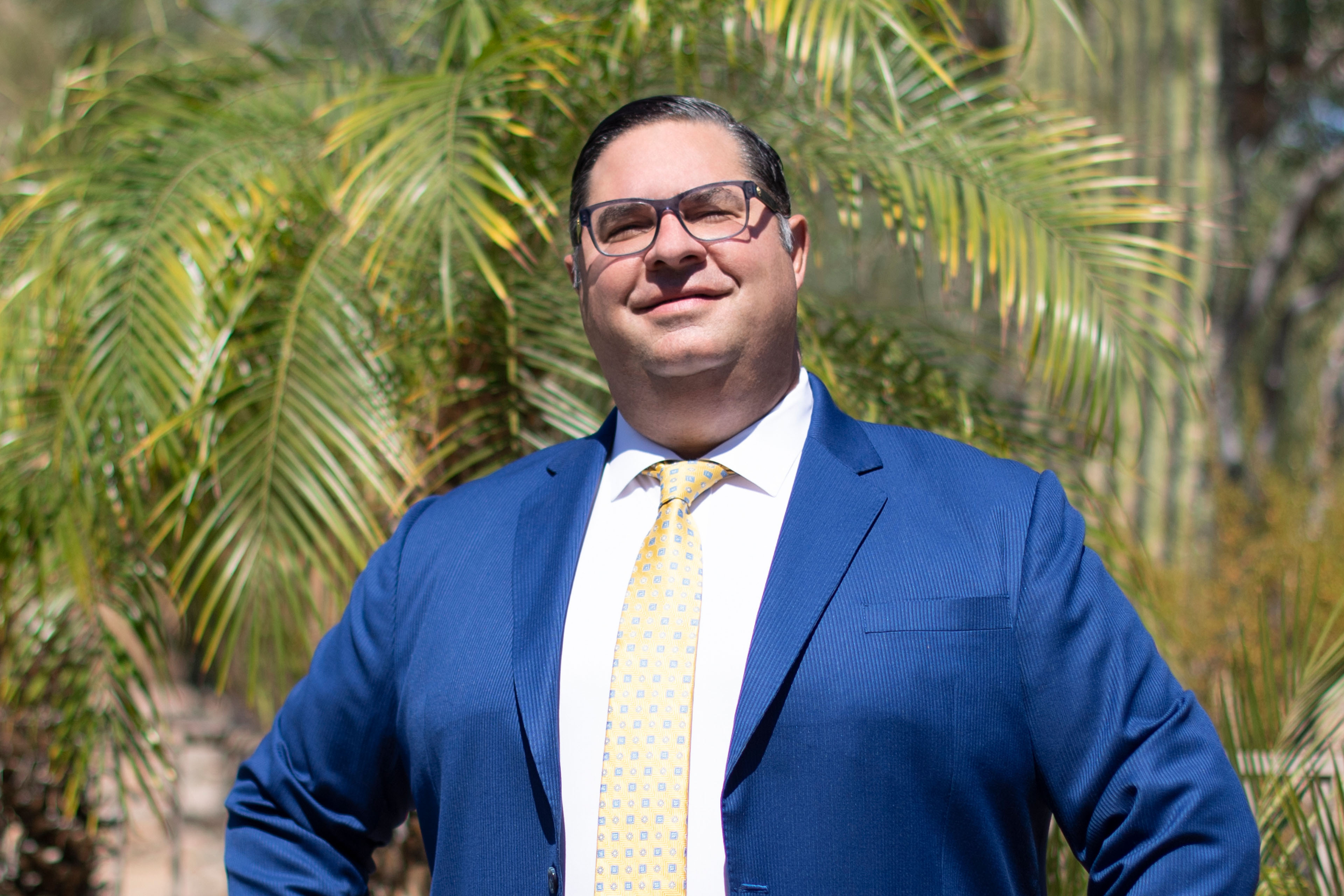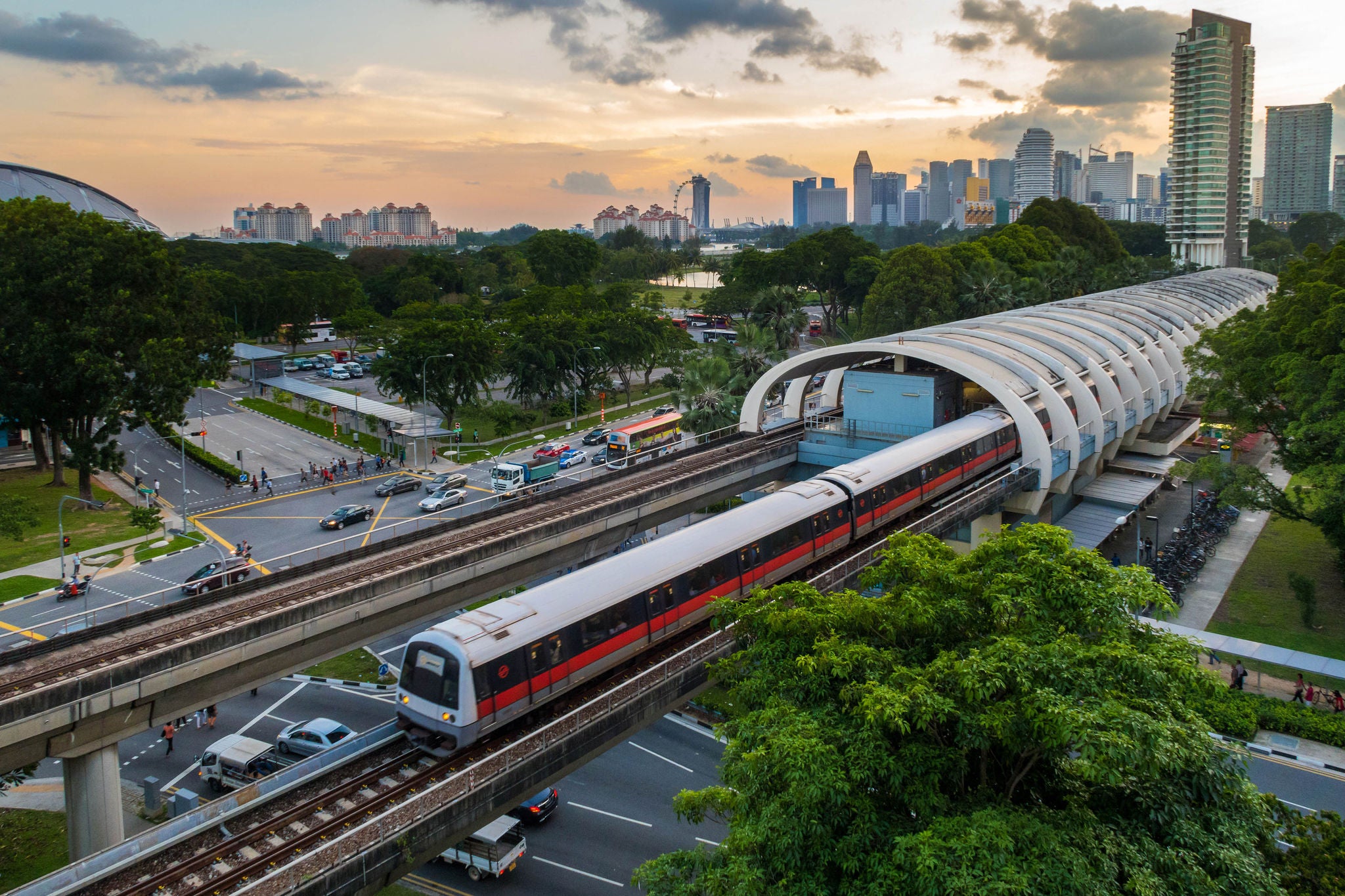Overview
The Association of Southeast Asian Nations (ASEAN) was established in 1967 in Bangkok, with the aim of accelerating the economic growth, social progress and cultural development of the region. It now comprises Malaysia, Indonesia, the Philippines, Singapore, Thailand and Vietnam, as well as Brunei, Myanmar, Cambodia and Laos.
These days, many businesses see ASEAN as a hub from which to access the broader Asian market – as well as an increasingly important market in its own right. For example, ASEAN is the EU’s third-largest trading partner, after the US and China.2 Its total population exceeds 600 million,3 and the region benefits from strong free-trade agreements among its members.
The region also boasts a strong offering across the full spectrum of manufacturing. “Indonesia, Vietnam and Thailand offer inexpensive labor for low-cost production, notably in food, electronics and automotive respectively,” says Amarjeet Singh, EY ASEAN Tax Leader. “But modern high-margin manufacturers will look to Singapore and Malaysia for their expertise in IP and technology.” Singh notes Hyundai’s recent decision to produce electric vehicles in Singapore, and the presence there of top pharma groups such as GSK and Pfizer.
ASEAN’s appeal as an alternative manufacturing base continues to grow – not least since the rise in tensions between China and the US. “We’ve even seen Chinese companies setting up in ASEAN, in order to tap into the lucrative US market more easily,” says Singh. Other strong ASEAN sectors include shared services, in which the Philippines, with its cheap but skilled English-speaking workforce, has become one of the world’s most attractive countries.
What the region offers
Incentives overview
ASEAN has long been known for its generous incentives, which tend to come in the form of tax incentives rather than cash grants. This may involve a corporate tax exemption and/or a concessionary rate. If the underlying rate in an ASEAN country is 20%-24%, for example, the concessionary rate may be 5%-10%.
A second form of tax incentive – enhanced capital allowance, or tax depreciation – is common to the Philippines, Vietnam, Thailand, Singapore and Malaysia. Here, for every dollar the investor spends on capital expenditure – investing in, say, building a factory – the country may give an additional allowance to the tax depreciation that’s already embedded in tax law. So for every dollar spent, it may receive another $1.50 as a tax allowance.
ASEAN countries also offer certain incentives aimed at attracting companies from particular sectors. “This may be a full or partial tax exemption for the services sector, for example,” says Weinstein. “That’s an incentive common to Malaysia, Singapore, Thailand and the Philippines. These countries also offer dedicated incentives to encourage businesses to set up in specific regions.”
R&D incentives
ASEAN countries offer a range of cash grant incentives for R&D. In Malaysia, for example, for every dollar the company spends on R&D, the government will give a further 50 cents as a subsidy.
These jurisdictions also offer tax super-deductions on R&D expenses. In the Philippines, for example, companies may soon be able to claim up to 200% based upon a currently proposed bill that is in the final stages of legislation; in Singapore, it’s 250%; in Malaysia it could be as high as 400%. But even that may not be the most enticing option. “In practice, companies may choose to use their proposed R&D spend as a negotiation tool to secure a full or partial tax exemption, rather than get the tax super-deduction, as it may prove more lucrative,” says Singh.
Sustainability incentives
Sustainability is starting to appear high on the priority list for ASEAN nations, many of which are particularly vulnerable to the impacts of climate change – from urban pollution and heatwaves to flash floods and rising sea levels.
Various incentives are now starting to appear in the region, for companies installing solar panels on buildings, for example, or setting up green data centers. “In the Philippines, the Green Jobs Act offers an additional 50% deduction for training expenses and R&D for Climate Change Commission-certified projects that help preserve or restore the quality of the environment,” says Cheryl Edeline C Ong, Tax Partner, SyCip Gorres Velayo & Co. (also known as SGV & Co. or EY Philippines).










